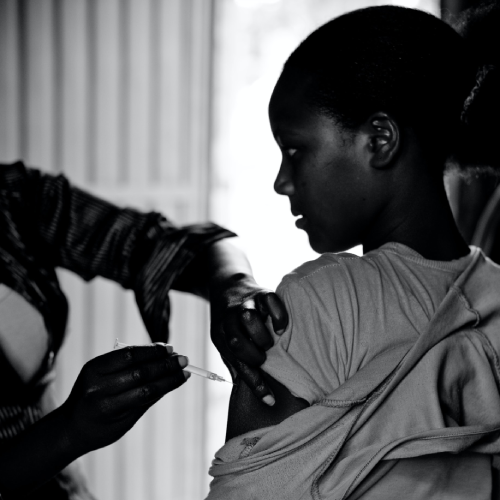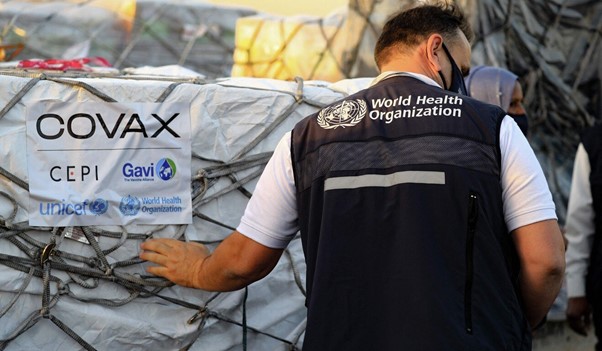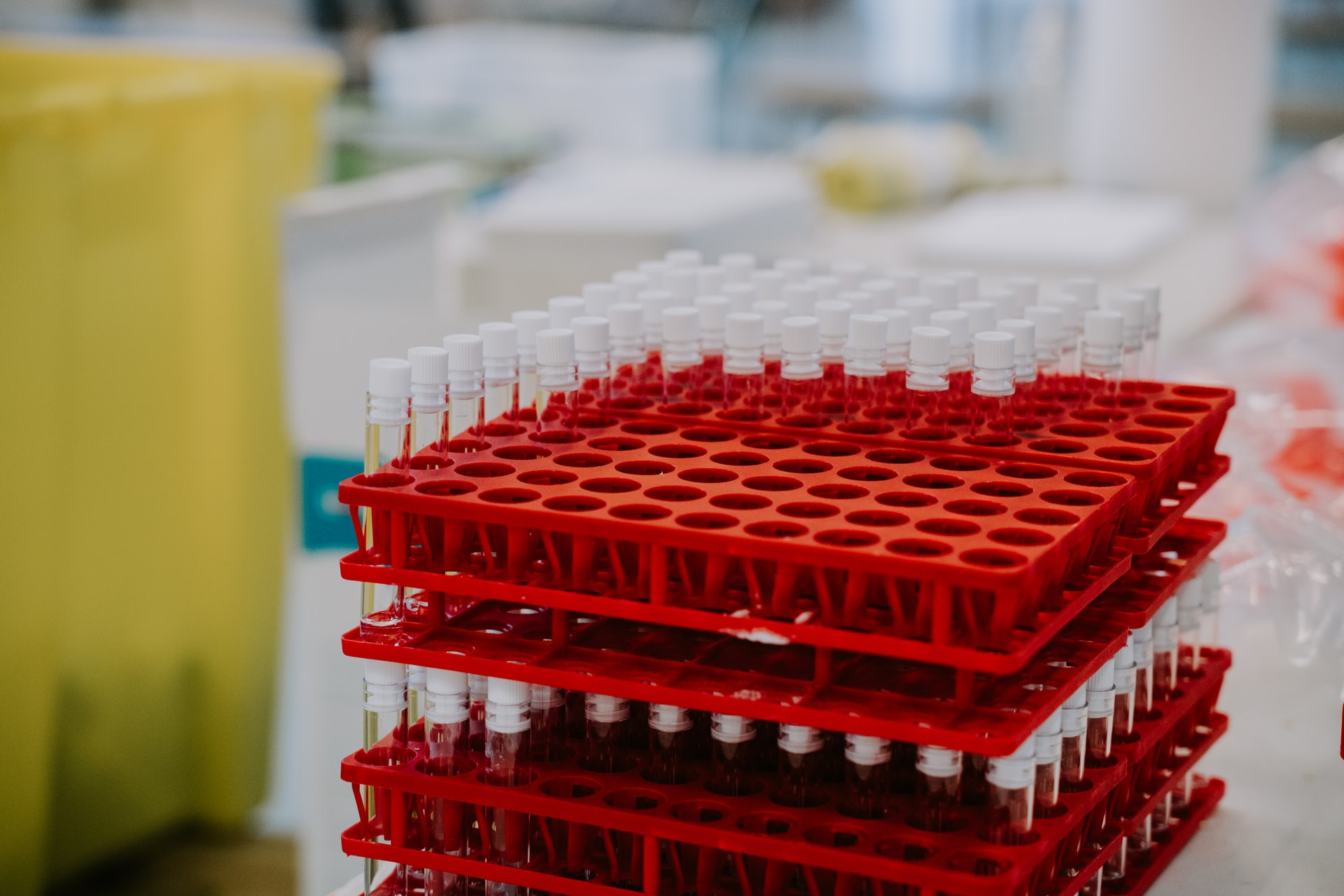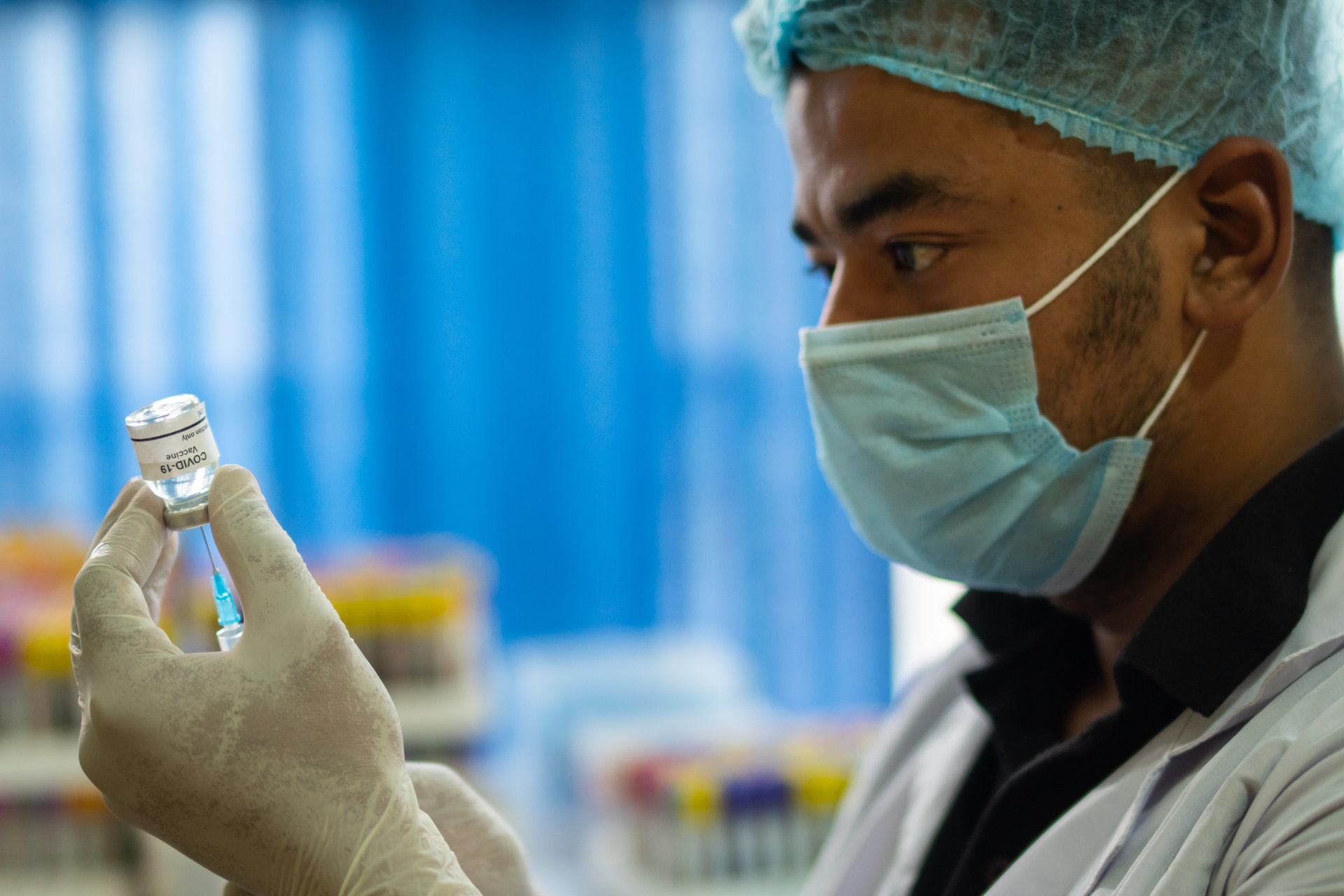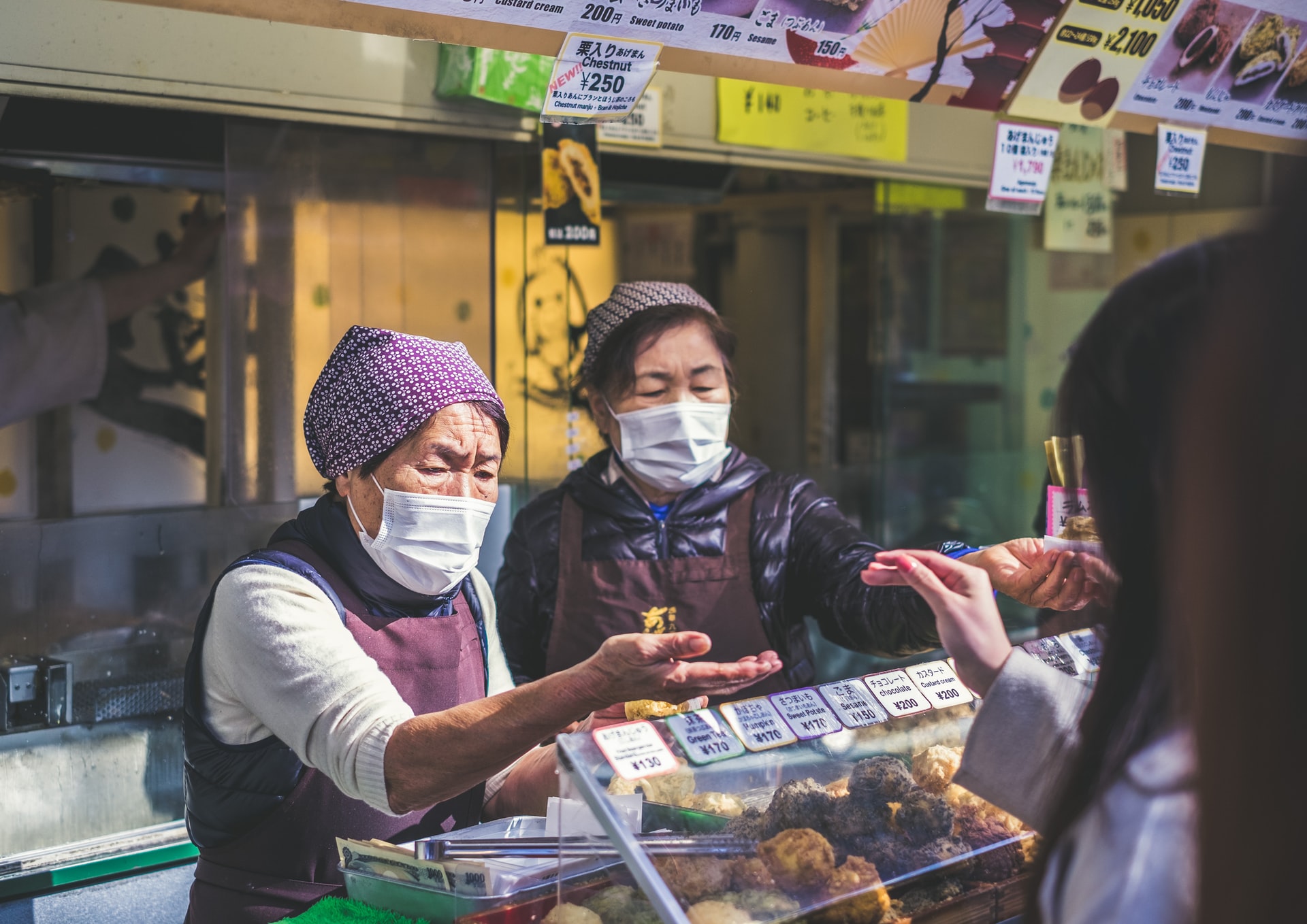Will Berlin or Paris choose to let go of some of these doses after they have vaccinated their at-risk populations? The likelihood is that these countries will not consider releasing their commitments until all their people – including those with a lower risk – are vaccinated.
More generally, we see how politics and nationalism trump global need despite the proselyting of Western leaders. The United Kingdom is currently one of the world leaders when it comes to vaccination rates. And while credit should be given to the NHS, it is also true that London could get first dibs on the AstraZeneca vaccine because it is manufactured in the UK (much to the chagrin of the Europeans, who are now facing supply shortages). The shameless efforts of the former US administration that American needs come first is another example.
The way the world talks about non-Western vaccines also shows structural Western privilege and deep-rooted racism.
Most conversations about vaccines in the West revolve around those from Western companies: Pfizer, AstraZeneca, Moderna, Johnson & Johnson, and Novavax. Positive news about Western vaccines is publicised widely and has driven stock market rallies.
However, there are an array of other non-Western vaccines: China’s Sinopharm and Sinovax, Russia’s Sputnik, and India’s Covaxin. For months, these were dismissed as serious options to combat Covid-19 or, worse, viewed with outright suspicion.
For example, Russia’s speedy approvals led to concerns in the West that Moscow was skipping critical steps in the vaccine safety process to score a diplomatic win. Except now that gamble appears to have paid off: a peer-reviewed study in The Lancet suggests that Sputnik has an efficacy rate of over 90 per cent, comparable to the very best Western vaccines.
In addition to transparency concerns, China’s vaccines have also been criticised for being ineffective. When Sinovac’s Brazilian partner noted an efficacy rate of around 50 per cent for preventing mild illness, Western commentators jumped on the number as proof that China was unable to follow through on its technological goals, neglecting far more positive news on Sinovac’s ability to stop moderate and severe illness.


